Depression

Depression Anxiety Therapy Counseling Baltimore
At the Baltimore Counseling Center, we understand that living with depression and anxiety can be deeply challenging and often isolating. Our dedicated team of therapists specializes in depression and anxiety therapy, offering a supportive and understanding environment right here in Baltimore. Our approach combines various therapeutic methods tailored to meet the individual needs of our clients, whether they are dealing with acute symptoms or long-term struggles. We focus on cognitive-behavioral therapy (CBT), mindfulness techniques, and other evidence-based practices that have proven effective in managing and overcoming these conditions.
Our goal is to help our clients understand the underlying causes of their depression and anxiety, develop healthier coping mechanisms, and build a resilient mindset to navigate life’s ups and downs. Each therapy session is designed to be a stepping stone towards greater self-awareness and improved mental health, providing the tools and support necessary to regain a sense of control and enjoyment in life. At the Baltimore Counseling Center, we are committed to walking with you on your journey to recovery, helping you to rediscover peace and stability in your life.
Types Of Our Therapy Services
At the Baltimore Counseling Center, we offer a range of specialized therapeutic services designed to address various mental health issues. Our experienced therapists are equipped to provide support and guidance for individuals and couples facing challenges such as anxiety, trauma, relationship issues, and ADHD. Here’s an overview of our services:
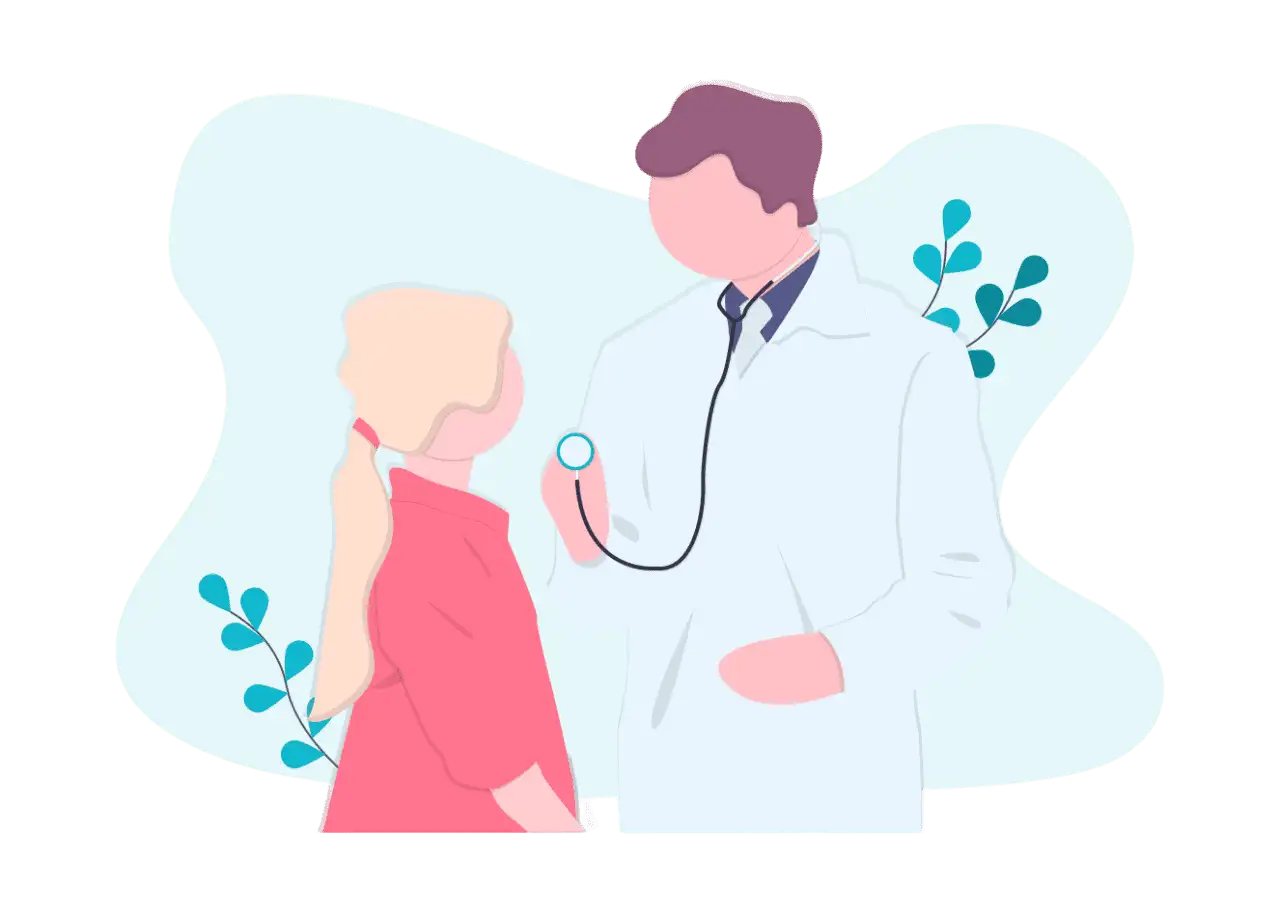
Anxiety Therapy
Anxiety can be overwhelming, interfering with daily life and causing significant distress. Our anxiety therapy sessions aim to help individuals understand and manage their anxiety symptoms through a variety of evidence-based techniques. We use cognitive-behavioral therapy (CBT) to teach coping strategies that address the thoughts and behaviors contributing to anxiety. We also incorporate mindfulness and relaxation techniques to help clients achieve a calmer state of mind, enabling them to face their fears and reduce anxiety triggers in a supportive environment.
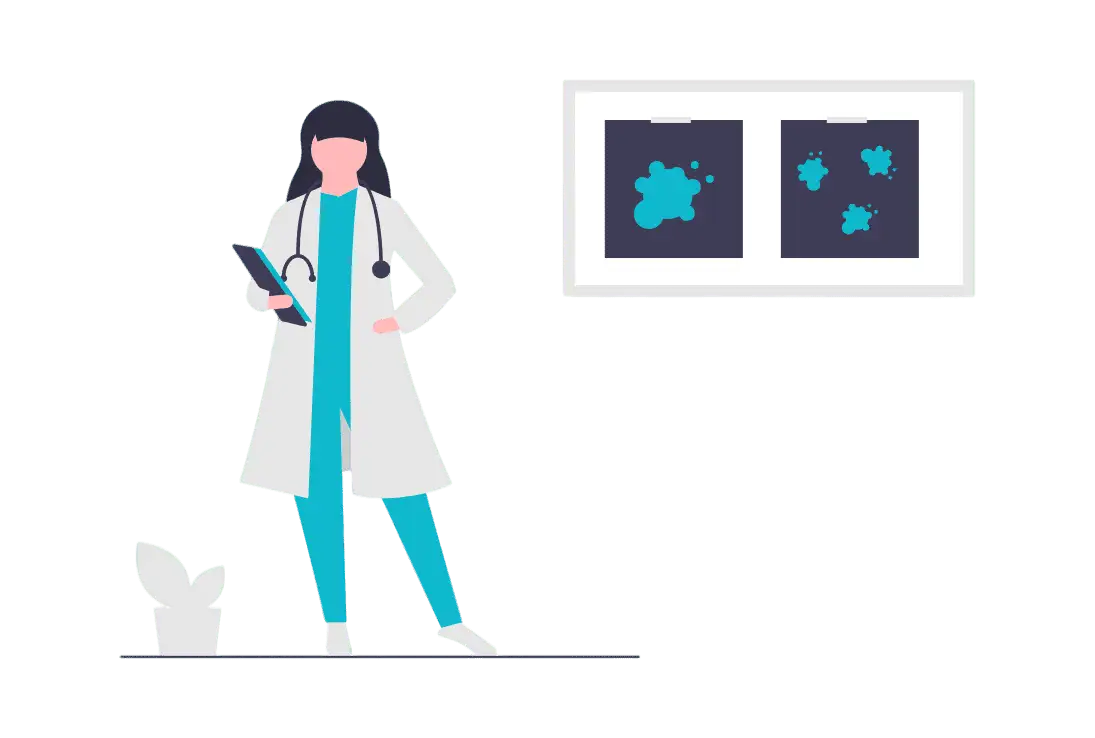
Trauma Therapy
Trauma can have a profound impact on an individual’s psychological and emotional well-being. Our trauma therapy focuses on helping clients heal from past traumatic experiences using approaches like Eye Movement Desensitization and Reprocessing (EMDR) and trauma-focused cognitive-behavioral therapy (TF-CBT). These therapies are designed to help individuals process and make sense of their trauma, fostering healing and helping them regain a sense of control over their lives. We provide a safe and compassionate space for clients to explore their feelings and work towards recovery at their own pace.
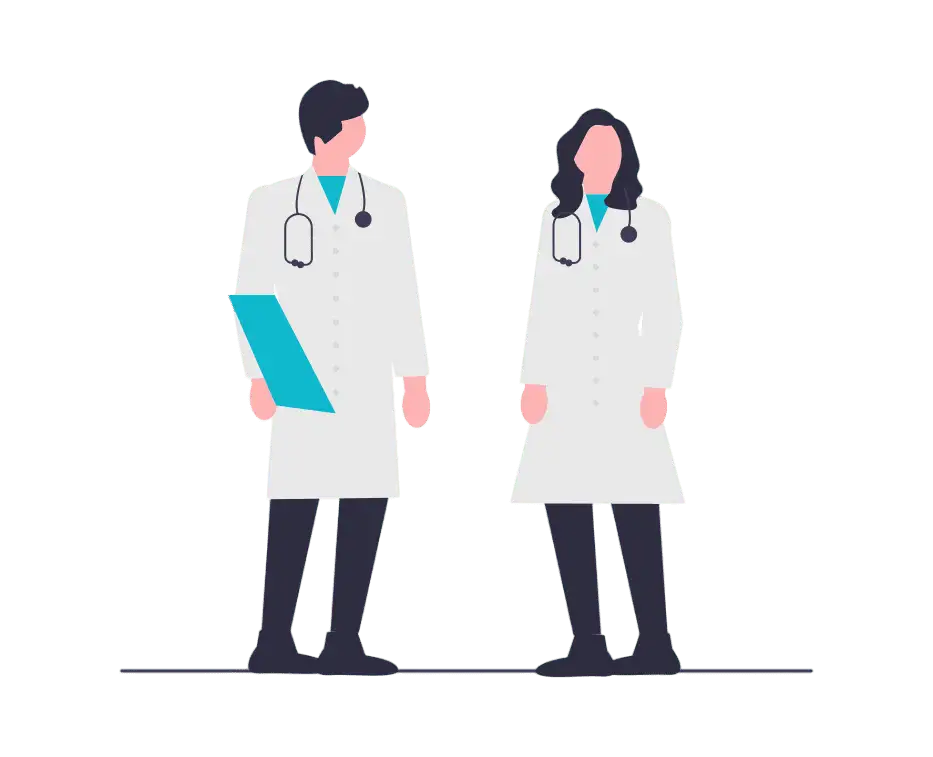
Couples Therapy
Relationships can face a variety of challenges that may create tension and discord. Our couples therapy services are designed to help partners improve their communication, resolve conflicts, and strengthen their emotional connection. Through techniques such as the Gottman Method and Emotionally Focused Therapy (EFT), we assist couples in understanding and changing the dynamics that are causing problems, helping them to build a more secure, respectful, and loving relationship.
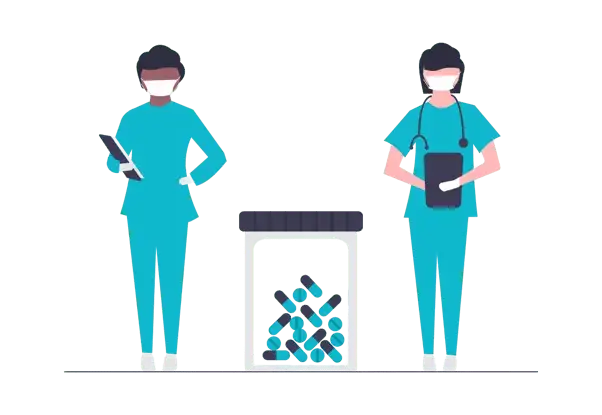
ADHD
Attention Deficit Hyperactivity Disorder (ADHD) can affect all areas of an individual’s life, including their education, work, and personal relationships. Our ADHD therapy sessions are tailored to help clients manage the symptoms of ADHD, such as inattention, hyperactivity, and impulsivity. We use a combination of behavioral strategies and cognitive-behavioral therapy to help clients develop organizational skills, improve focus, and control impulsive behaviors. Our goal is to empower individuals with ADHD to lead more structured and fulfilling lives.
Each of these services is delivered with the utmost care and professionalism, ensuring that all clients receive the support they need in a confidential and understanding environment. At the Baltimore Counseling Center, we are dedicated to helping our clients navigate their challenges and achieve personal growth and healing.
Individual Therapy for Depression and Anxiety
Individual therapy for depression and anxiety at the Baltimore Counseling Center is a personalized treatment approach that addresses the specific needs of each client. Our experienced therapists understand that both conditions can manifest uniquely in every individual, influencing their thoughts, behaviors, and emotions in various ways. By engaging in one-on-one sessions, clients receive undivided attention and tailored therapeutic interventions, which are essential for effective treatment and recovery.
During individual therapy, we utilize a blend of cognitive-behavioral therapy (CBT), psychodynamic therapy, and mindfulness practices, among other approaches. CBT helps clients identify and change negative thought patterns and behaviors that contribute to their depression and anxiety, while psychodynamic therapy explores the underlying psychological roots of emotional suffering. Additionally, mindfulness techniques are employed to help clients cultivate a greater awareness of the present moment, enabling them to better manage and reduce symptoms of anxiety and depression.
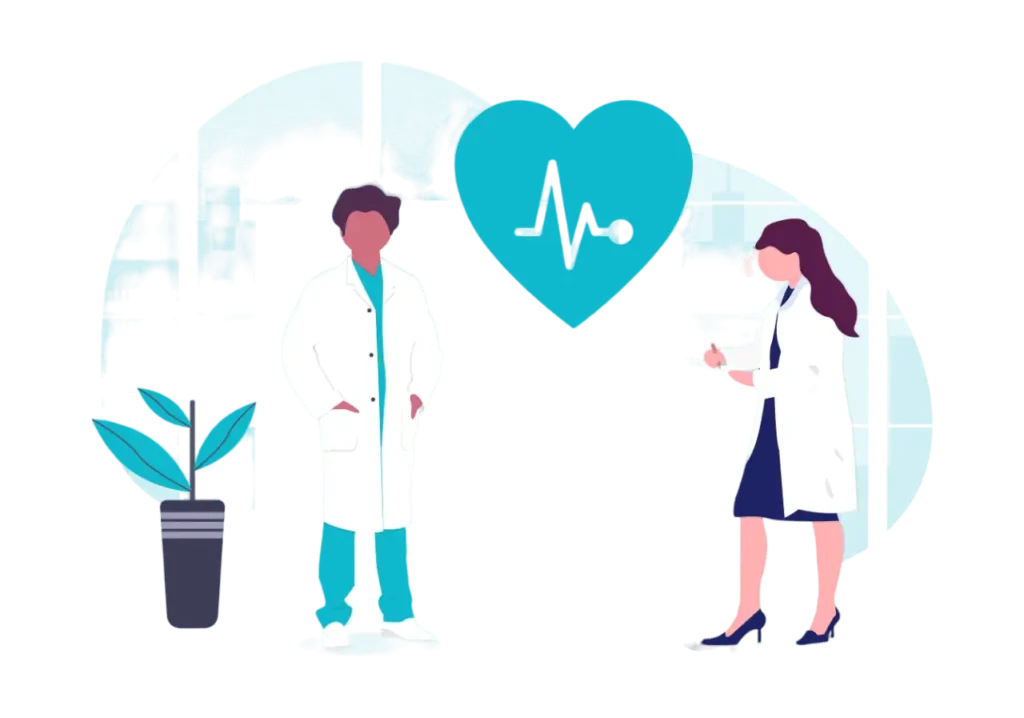
Types Of Therapy For Depression
each offering unique approaches and benefits. Here are some of the most commonly used therapies:
Cognitive Behavioral Therapy (CBT)
Psychodynamic Therapy
Interpersonal Therapy (IPT)
Dialectical Behavior Therapy (DBT)
Mindfulness-Based Cognitive Therapy (MBCT)
Humanistic Therapy
Group Therapy
About Us
The Baltimore Counseling Center was(founded by Jeffrey Aviles,)a visionary therapist who recognized the need for specialized mental health services in Baltimore. Our center has grown from a modest practice to a leading therapy institution, known for its compassionate care and the efficacy of its treatment methods. We continue to expand our services to address a range of psychological issues, focusing particularly on depression and anxiety.
(Jeffrey Aviles, our founder and CEO)
brings decades of experience in therapeutic practice, specializing in cognitive-behavioral techniques and mindfulness-based stress reduction. Shawn Rill, another key member of our team, is renowned for his expertise in relational therapy and has helped countless individuals and couples navigate the complexities of their relationships.
Therapy Resistant Depression
Reevaluation of Diagnosis
Optimization of Treatment
Combination and Augmentation Strategies
Advanced Pharmacotherapy
Electroconvulsive Therapy (ECT)
Transcranial Magnetic Stimulation (TMS)
Psychotherapy Innovations
Lifestyle Adjustments & Integrative Approaches
Managing therapy-resistant depression typically requires a multidisciplinary approach and a lot of patience, both from healthcare providers and patients. It’s critical for individuals suffering from this form of depression to have a supportive treatment team that can provide ongoing assessment and adjustments to their treatment plan as needed.
Depression therapy can help you feel better
Depression therapy at the Baltimore Counseling Center is designed to provide relief and foster improvement in those suffering from this often debilitating condition. Engaging in depression therapy can be a transformative experience, where you gain the tools and insights needed to combat the pervasive feelings of sadness, emptiness, and hopelessness. Our skilled therapists utilize a variety of evidence-based approaches, such as cognitive-behavioral therapy (CBT), which helps you understand and change negative thought patterns that fuel depression.
Additionally, therapy sessions offer a supportive environment where you can explore your emotions and experiences without judgment. This exploration is crucial for identifying the root causes of your depression and developing effective coping strategies. By learning to manage your thoughts and emotions, you can begin to see improvements in your mood, energy levels, and overall outlook on life.
Ultimately, depression therapy is aimed at helping you regain a sense of control and joy. It equips you with the skills needed not only to navigate the current challenges but also to handle future stresses more effectively. Through consistent therapeutic support, many find that they are able to lead richer, more satisfying lives, demonstrating the profound impact that professional help can have in overcoming depression.
Frequently Asked Questions (FAQs)
What types of therapy do you offer?
How do I know if I need therapy?
What can I expect during my first therapy session?
How long does each therapy session last?
How often should I attend therapy sessions?
Is therapy confidential?
Do you offer online therapy sessions?
What is your cancellation policy?
Do you accept insurance?
How do I make an appointment?
Conclusion
At the Baltimore Counseling Center, we are committed to providing high-quality, compassionate, and personalized mental health care to our community. Our diverse range of therapeutic services — including specialized treatments for anxiety, trauma, couples issues, and ADHD — is designed to meet the unique needs of each client. Our experienced therapists utilize a combination of evidence-based techniques and innovative approaches to ensure that every individual receives the support and tools necessary to navigate their mental health challenges effectively.
We understand that seeking help can be a daunting step, but we are here to support you every step of the way. Whether you are struggling with emotional difficulties, relationship problems, or behavioral issues, our center offers a safe and nurturing environment to explore these challenges and work toward sustainable change.
Our dedication to improving mental health extends beyond individual therapy; we strive to educate and empower our clients to maintain their well-being and improve their quality of life. The Baltimore Counseling Center remains a steadfast resource for those seeking to heal, grow, and lead healthier, more fulfilling lives. We invite you to reach out and begin your journey to recovery and self-discovery with us today.
